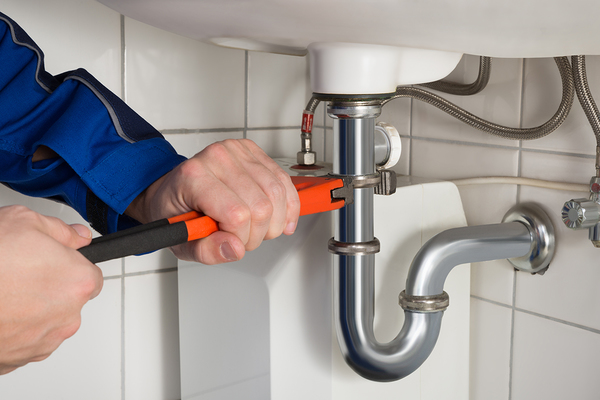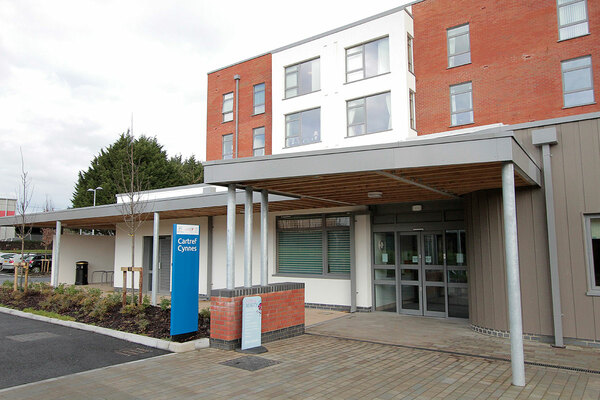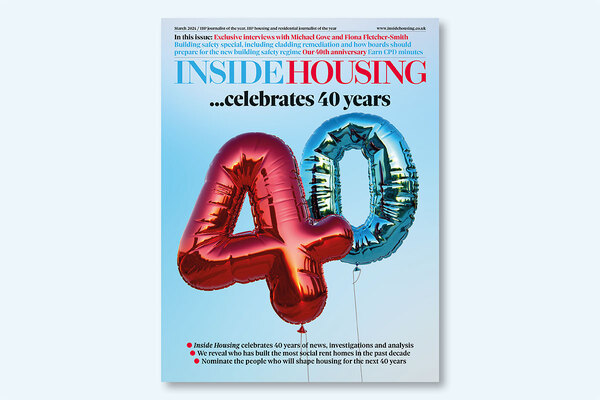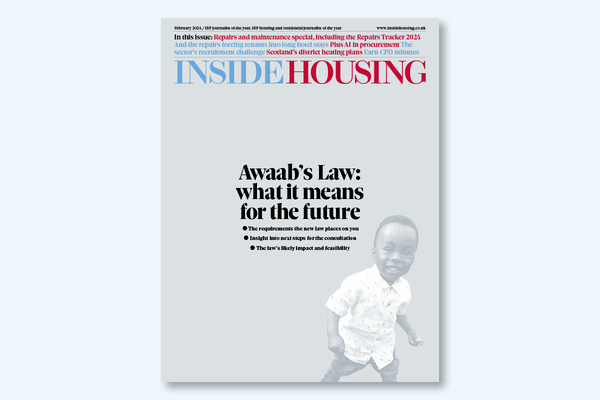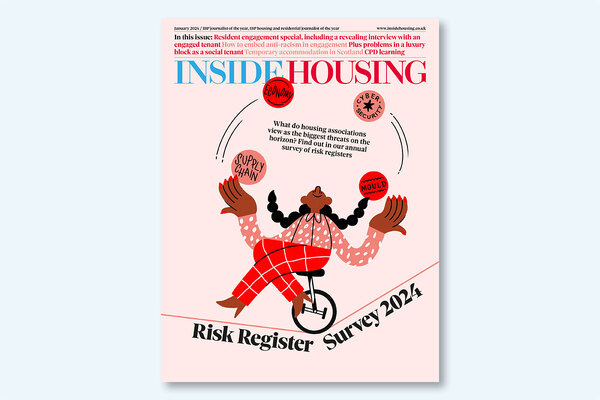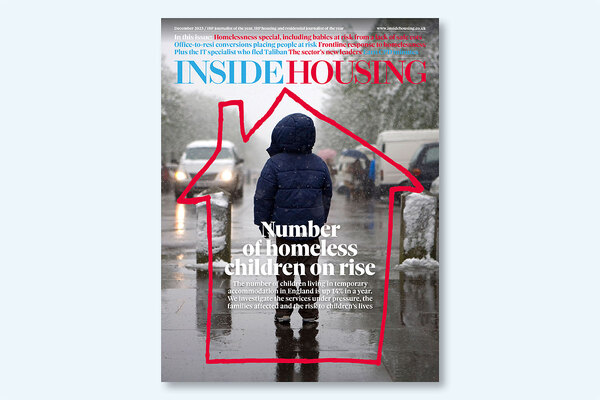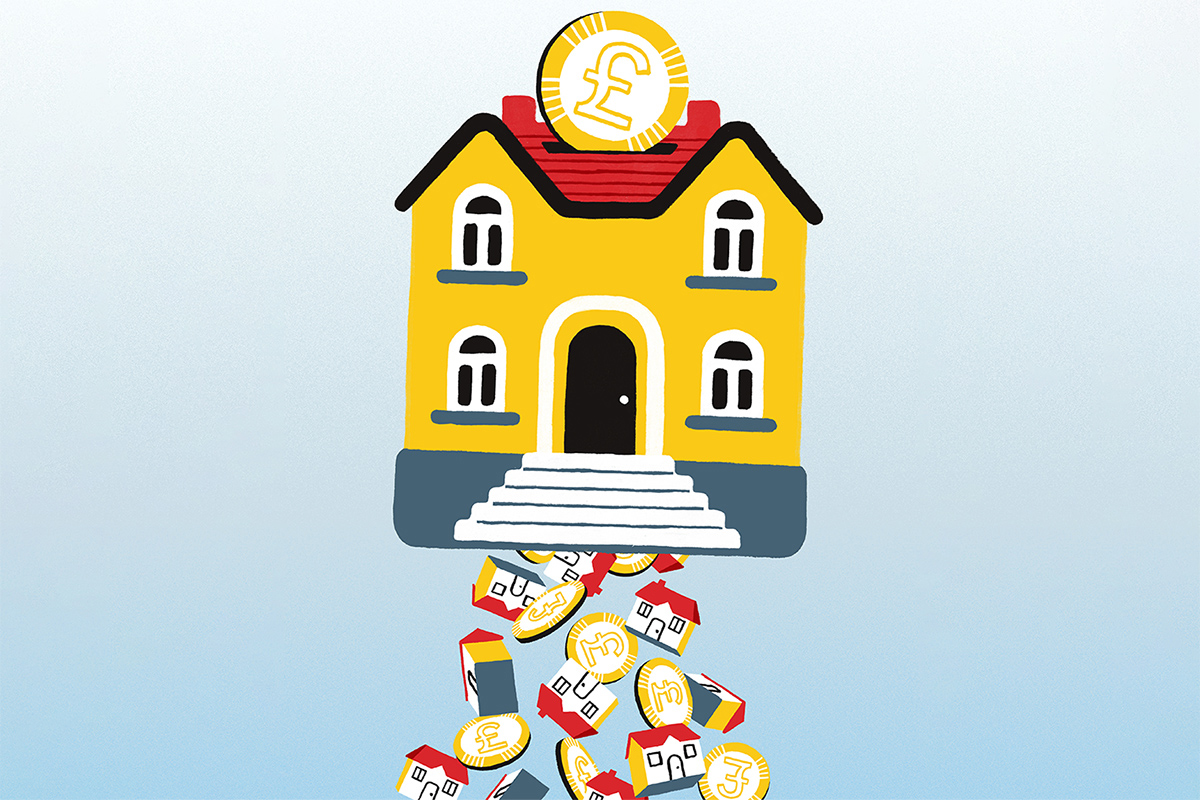You are viewing 1 of your 1 free articles
Landlords should only access properties for ‘serious and urgent repairs’, says new government guidance
Private and social landlords should access tenants’ properties only to fix or inspect “serious and urgent issues” and take a “pragmatic, commonsense” approach to non-urgent repairs, new government guidance has said.
The government published a guide for landlords and tenants in both sectors setting out new responsibilities and rights during the coronavirus outbreak over the weekend.
It covers the new rules on seeking possession, guidance on rent arrears and property access, and health and safety obligations during the outbreak.
On repairs, it stresses that landlords’ obligations “have not changed” and that tenants still have “a right to a decent, warm and safe place to live”.
However, the guidance also called for “a pragmatic, commonsense approach to non-urgent issues” and acknowledged that the outbreak may prevent routine inspections.
It also said local authorities should take a "pragmatic approach to enforcement" of standards during the outbreak – noting that if landlords have taken all reasonable steps to carry out safety checks, including gas, they were not in breach of the law.
“We recommend that access to a property is only proposed for serious and urgent issues,” the guidance said.
It said these might include, but would not be limited to:
- If there is a problem with the fabric of your building, for example the roof is leaking
- If your boiler is broken, leaving you without heating or hot water
- If there is a plumbing issue, meaning you don’t have washing or toilet facilities
- If your white goods such as fridge or washing machine have broken, meaning you are unable to wash clothes or store food safely
- If there is a security-critical problem, such as a broken window or external door
- If equipment a disabled person relies on requires installation or repair
It is not yet clear whether this guidance leaves room for access to the property to carry out routine inspections required by law – such as gas safety checks.
“Tenants should let their landlords know early if there is a problem and landlords should take the appropriate action. We understand current restrictions may prevent routine and obligatory inspections,” it said.
“While resources are stretched, we are recommending a pragmatic approach to enforcement from local authorities. This should mean that tenants who are living with serious hazards that a landlord has failed to remedy can still be assured of local authority support. Landlords should also know they should not be unfairly penalised where COVID-19 restrictions prevent them from meeting some routine obligations.”
The guidance “strongly advises” tenants to “take additional measures such as remaining in separate rooms during any visits”.
Previous guidance, published on Wednesday, said no work should be carried out by a tradesperson with coronavirus symptoms and only work to remedy a direct safety issue should be carried out where people are isolating or being shielded from the virus due to a vulnerability.
Further guidance was also published to local authorities about enforcing standards in the rented sector during the outbreak.
Discussing gas and electrical checks specifically, the guidance said: "Both regulations are clear on the issue of compliance. If a landlord can show they have taken all reasonable steps to comply with their duty under the regulations, they are not in breach of the duty.
"A landlord could show reasonable steps by keeping copies of all communications they have had with their tenants and with electricians as they tried to arrange the work, including any replies they have had.
"Landlords may also want to provide other evidence they have that the installation, appliance or flue is in a good condition while they attempt to arrange works. This could include the servicing record and previous landlord gas safety check record."
On rent arrears, the guidance said that tenants should continue paying rent and should “speak to their landlord at the earliest opportunity” if they are unable to do so.
It called for landlords to “offer support and understanding to tenants who may start to see their income fluctuate”.
“This can include reaching a temporary agreement not to seek possession action for a period of time and instead accept a lower level of rent, or agree a plan to pay off arrears at a later date,” the guidance said.
In normal times, offering a repayment plan requires registration with the Financial Conduct Authority.
On seeking possession, the guidance noted the increased notice periods introduced by law last week, as well as the 90-day moratorium on possession hearings introduced for courts in England and Wales.
This effectively means tenants cannot be legally evicted in this time period.
More on coronavirus
To see all our coronavirus coverage to date – including the latest news, advice to providers, comment and analysis – use the link below.
Sign up for our asset management newsletter
Already have an account? Click here to manage your newsletters
